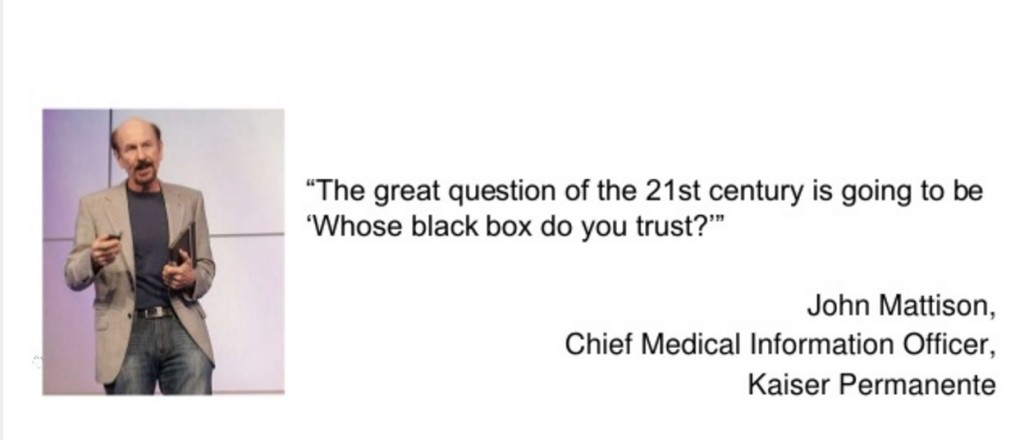Today’s Observer column:
We live in a universe that virtually none of us will ever understand. Physicists, however, refuse to be daunted by this and have been casting about for ways of putting these quantum properties to practical use. In the process, their gaze alighted on that fundamental building block of digital technology, the humble binary digit (or “bit”) in which all digital information is encoded. In the Newtonian (ie non-quantum) world, a bit can take only one of two values – one or zero. But at the quantum level, superposition means that a quantum bit – a qubit – could have multiple values (one, zero and a superposition of one and zero) at the same time. Which means that a computer based on quantum principles would be much, much faster than a conventional, silicon-based one. Various outfits have been trying to build one.
The results are controversial but intriguing…


